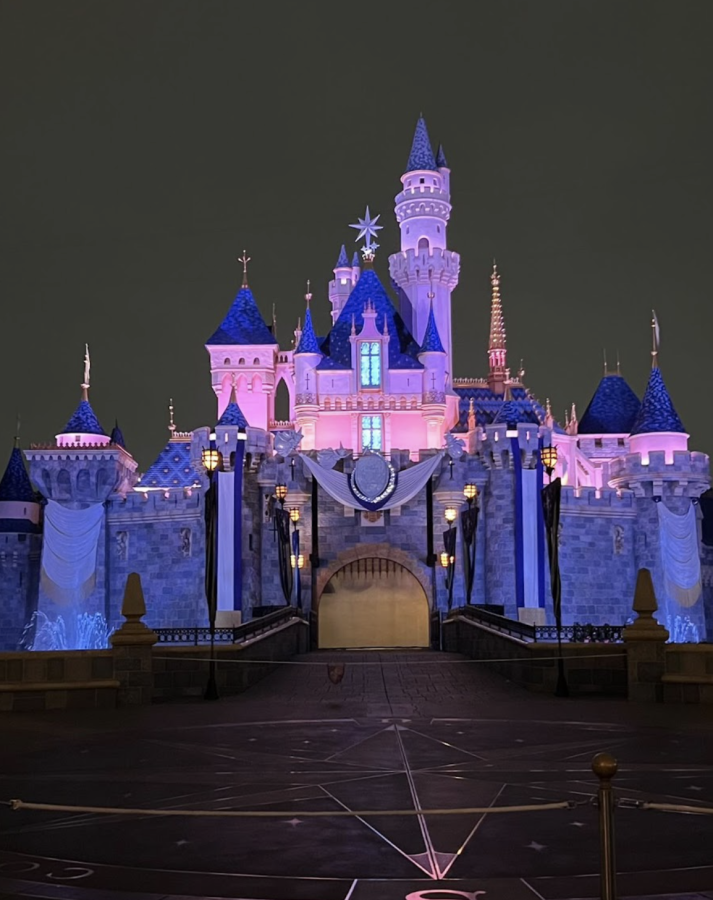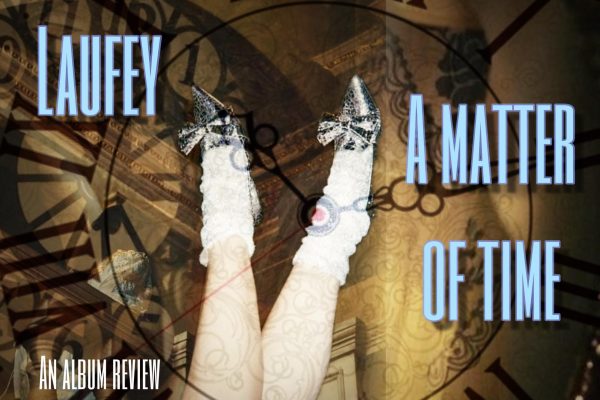Disney Live Action Remakes are Becoming Controversial
Disney fans around the world have been buzzing with excitement over the recent wave of live-action remakes produced by the entertainment giant. However, two of the most anticipated movies, “The Little Mermaid” and “Lilo & Stitch,” have faced significant backlash in the past couple of weeks, sparking heated discussions among fans and critics alike. These controversies have centered around various remake aspects, leading to polarized opinions and intense debates.
In the case of “The Little Mermaid,” the main point of contention emerged when it was revealed that the actress cast to play Ariel, the beloved mermaid princess, would be a black woman. Originally, the Disney animated classic portrayed her as white. This casting decision stirred a strong online reaction, with many expressing dissatisfaction over the perceived deviation from the source material. The controversy surrounding the change in Ariel’s race escalated further, with criticism extending to the movie’s overall visual aesthetics. The film became a lightning rod for discussion, and the backlash it received tarnished its reputation even before its release.
Similarly, the remake of “Lilo & Stitch” faced its fair criticism. When the trailer for the upcoming movie hit the internet, fans quickly noticed that the older sister character appeared lighter-skinned compared to her portrayal in the original 1990s television series. This alteration sparked further discontent among viewers, especially on the heels of the Ariel controversy. Despite casting an actor with Hawaiian heritage to play the character, the decision did not appease those who felt that the remake needed to have done better on cultural representation.
These controversies surrounding Disney’s live-action remakes have had a broader impact on the modern-day filmmaking landscape for Disney and other production companies. The uproar has served as a reminder to the industry of the importance of inclusivity and representation. Filmmakers are increasingly conscious of the need to cater to diverse groups and communities and avoid missteps that can generate significant backlash. The hostile reception to these movies has prompted studios to be more thoughtful in their decision-making processes, recognizing the influence and significance of beloved characters and their faithful adaptation.
While the controversies surrounding “The Little Mermaid” and “Lilo & Stitch” have cast a shadow on these particular remakes, they have also opened up conversations about the importance of diversity and the impact of cultural representation in cinema. These discussions have highlighted films’ power in shaping perceptions and have served as a call for greater awareness and sensitivity in adapting beloved animated classics. Ultimately, these controversies have spurred the entertainment industry to reflect on its practices and strive for more inclusive storytelling in the future.

Hello Royals! My name is Abbie Vilcapoma. I’m a senior, and this will be my third year of journalism at QHHS. I look forward to enjoying my last year...






